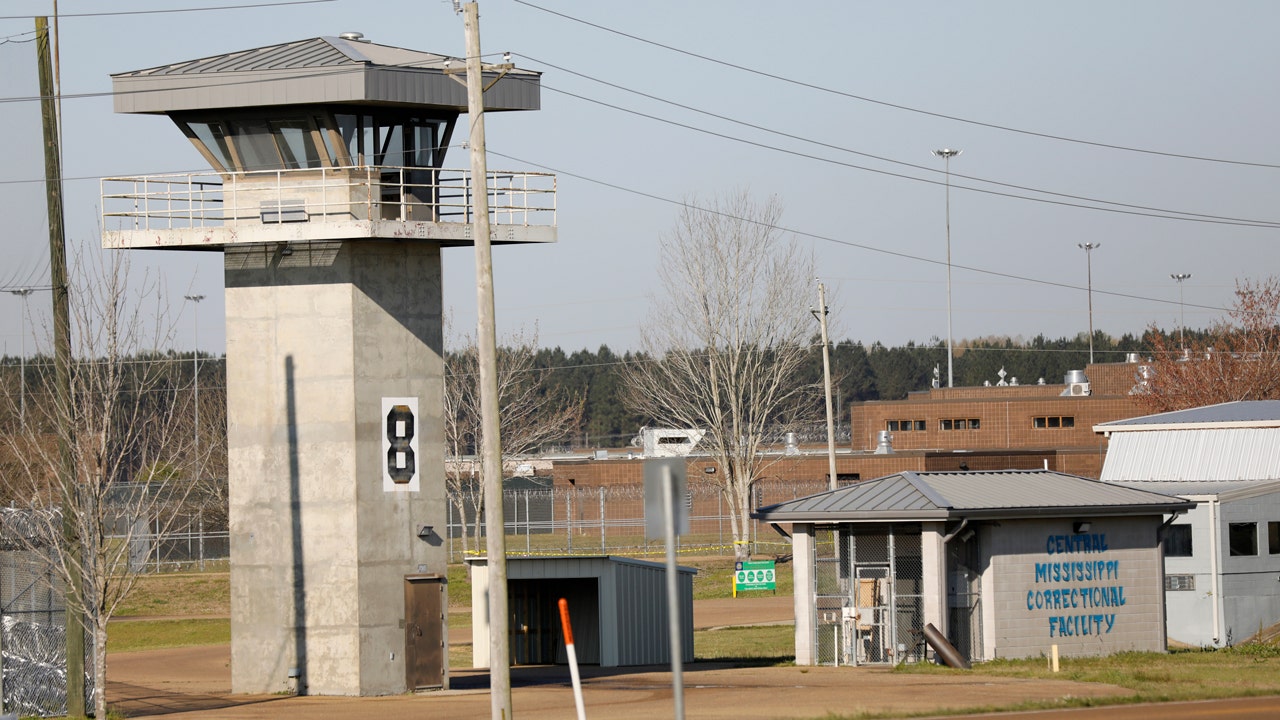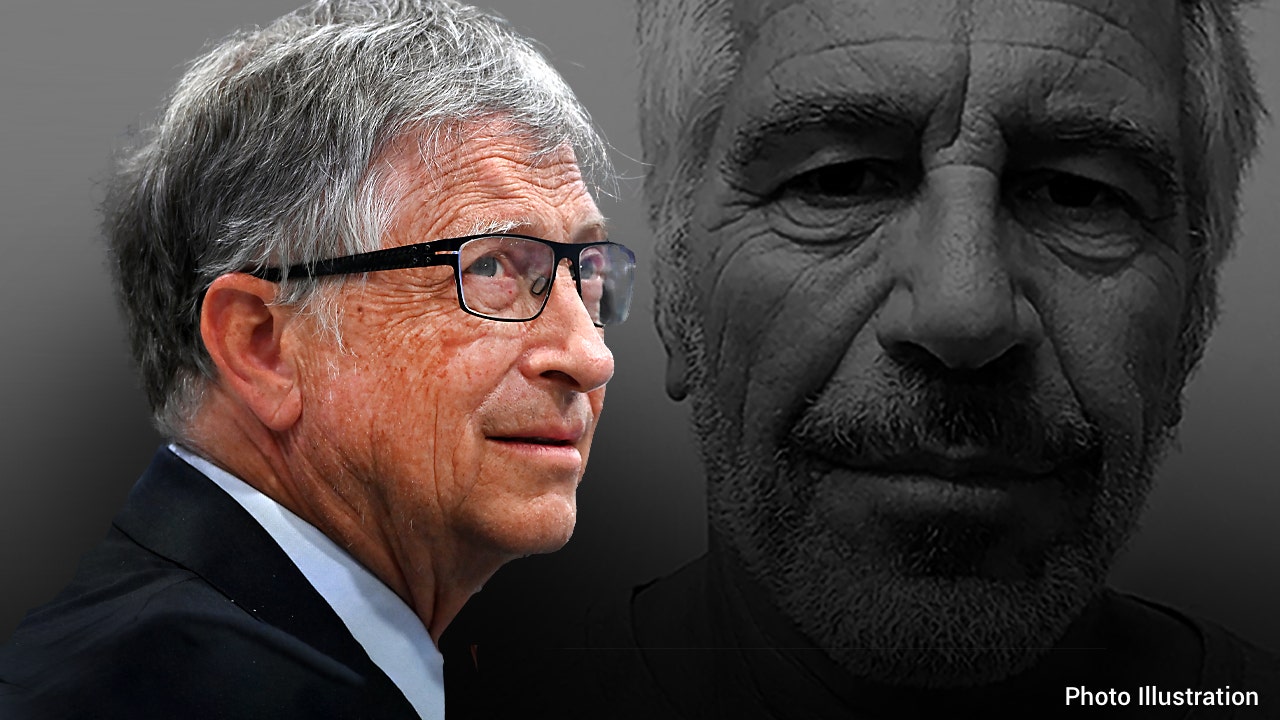For months, President Biden has been under pressure to prove he can be tough at the border. But at a campaign reception on Wednesday night, he also tried to voice his commitment to America’s long history of immigration.
He did so by taking a swipe at two of America’s partners, saying that Japan and India are struggling economically “because they’re xenophobic.” He said the two democratic countries, along with China and Russia, “don’t want immigrants.”
“Immigrants are what makes us strong,” the president told the crowd of supporters. “Not a joke. That’s not hyperbole, because we have an influx of workers who want to be here and want to contribute.”
The comments have the potential to be a diplomatic irritant for the administration, which has spent years courting the governments of both Japan and India as part of the president’s strategy to counter Chinese aggression in the region. Japan and India are two of the five allies Mr. Biden has hosted with state dinners at the White House since taking office.
John F. Kirby, the national security spokesman at the White House, told reporters Thursday that Mr. Biden was trying to make a comment about America’s immigrant “DNA,” not insult other countries. And he insisted that officials in India and Japan understand that.
“Our allies and partners know well in tangible ways how President Biden values them, their friendship, their cooperation,” Mr. Kirby said.
But the president’s comments also underscore how Mr. Biden is trying to find a politically palatable balance on immigration as he seeks a second term in the White House.
In response to anger from Republicans and Democrats about historic surges of migrants at the southern border, the president signed off on the most restrictive immigration legislation in years. That legislation stalled in Congress, but now Mr. Biden is considering whether to use his executive power to enact a severe crackdown on asylum on his own.
At the same time, Mr. Biden is trying to assert the moral high ground on the country’s treatment of migrants by drawing a contrast with former President Donald J. Trump and his yearslong assault on immigration.
During the 2020 campaign, Mr. Biden repeatedly attacked Mr. Trump for supporting what he called racist and xenophobic policies. On his first day in office, Mr. Biden proposed a comprehensive overhaul of the nation’s immigration system that would have expanded rights for immigrants.
Many advocates for immigrants have said they expected explicit support for what the president called a “humane” approach to immigration to continue in Mr. Biden’s White House. But the reality has been more complicated.
As the situation on the border worsened, demands for tougher action grew — even from the president’s Democratic allies in big cities like Chicago, New York and Denver. While Mr. Biden has proposed new legal options for some migrants to enter the United States, his policies and rhetoric have become more forceful.
In January, as Congress was considering the immigration legislation, Mr. Biden said he was eager to use it to shut down the border.
“If given that authority,” he said, “I would use it the day I sign the bill into law.”
Maribel Hernández Rivera, the director of policy and government affairs for the border and immigration at the A.C.L.U., said Thursday that she hoped the president’s comments at the fund-raiser indicated that he was reconsidering some of those tougher proposals.
“The first thing he did was propose immigration reform, right? So that was a good thing,” she said, referring to Mr. Biden’s early actions as president. “We also, unfortunately, have seen other policies that are not helpful, such as trying to limit asylum, access to asylum for vulnerable people.”
She added: “Banning asylum in any way goes against both international and national domestic laws. That is not the solution.”
On Thursday, Mr. Kirby sought to emphasize that the president believed in the importance of immigration to the economic success of the United States.
“Look, I think the broader point that the president was making, and I think people all around the world recognize this, that the United States is a nation of immigrants and it’s in our DNA,” he said. “We’re better for it. We’re stronger for it. We’re not going to walk away from it. And that’s the broader point that he would make.”






